Another Strong Year for CRE in 2020
In a national survey from RCLCO, senior professionals weigh in on the industry’s prospects this year, the timing of a possible downturn and more.
RCLCO has released its Year-End 2019 Sentiment Survey and the results suggest that commercial real estate’s yearslong positive run will continue in 2020. The prediction and other assessments come from a geographically diverse group of experienced real estate professionals with expertise spanning the industry.
READ ALSO: WeWork Leases 45% of Flex Office Space in Major Markets
Providing the big picture, RCLCO’s Current Real Estate Market Sentiment Index went on the upswing, rising from 37.5 at year-end 2018 to 64.9 at year-end 2019. The increase in optimism is due in no small part to desirable stock market conditions and robust underlying real estate fundamentals. And while respondents anticipate that real estate market conditions will decline just a bit over the next 12 months, they believe a downturn is not as close at hand as previously anticipated. Approximately 77 percent of survey participants expect the recession to transpire in 2021 or later, a remarkable increase from year-end 2018, when only 20 percent expected the recession to hit in 2021 or beyond. A notable 37 percent of year-end 2019 participants don’t expect the downturn to occur until 2022 or even later.
Sector-level stability
At the sector level, survey respondents’ opinions remained steady from those expressed in RCLCO’s mid-2019 survey, placing most product types in the Stage 6/”late stable” phase of the real estate cycle. Retail is the sector closest to entering the “early downturn” or Stage 7, while senior housing and industrial remain farthest away from the “early downturn” phase. “Although the various product types are positioned differently within the ‘late stable’ phase, their current positions and recent movement away from the ‘early downturn’ stage are consistent with the general sentiment that the downturn is approaching, but not imminent,” according to the RCLCO report.
RCLCO’s in-depth survey also queried participants about perhaps the biggest disruptor in the office sector in the 21st century to date: Coworking space. RCLCO asked participants if they would rent to leading coworking space provider WeWork if they owned an office building, and a whopping 64 percent would choose not to rent to WeWork, but more than half that group, 58 percent, would consider renting to a different coworking company. Respondents who are pro-coworking but wary of WeWork explained that they believe WeWork’s financial instability is too risky, but coworking as a concept is a viable business model.
CRE leaders get a warning
RCLCO agrees with the survey respondents’ assertion that a downturn in 2020 is unlikely; however, the real estate advisory firm believes the notion that the downturn won’t arrive until 2022 or later is overly optimistic. “And even if the next downturn doesn’t come until 2022 or beyond, a delayed recession should not lead to complacency,” writers of the RCLCO report caution. ” Real estate owners, investors and developers would be wise to be careful—tighten up underwriting standards; maintain a conservative leverage at the asset, portfolio and enterprise levels; and focus on delivering sound operating fundamentals in the event that the markets deliver a surprise—and remember, it is almost always a surprise!”


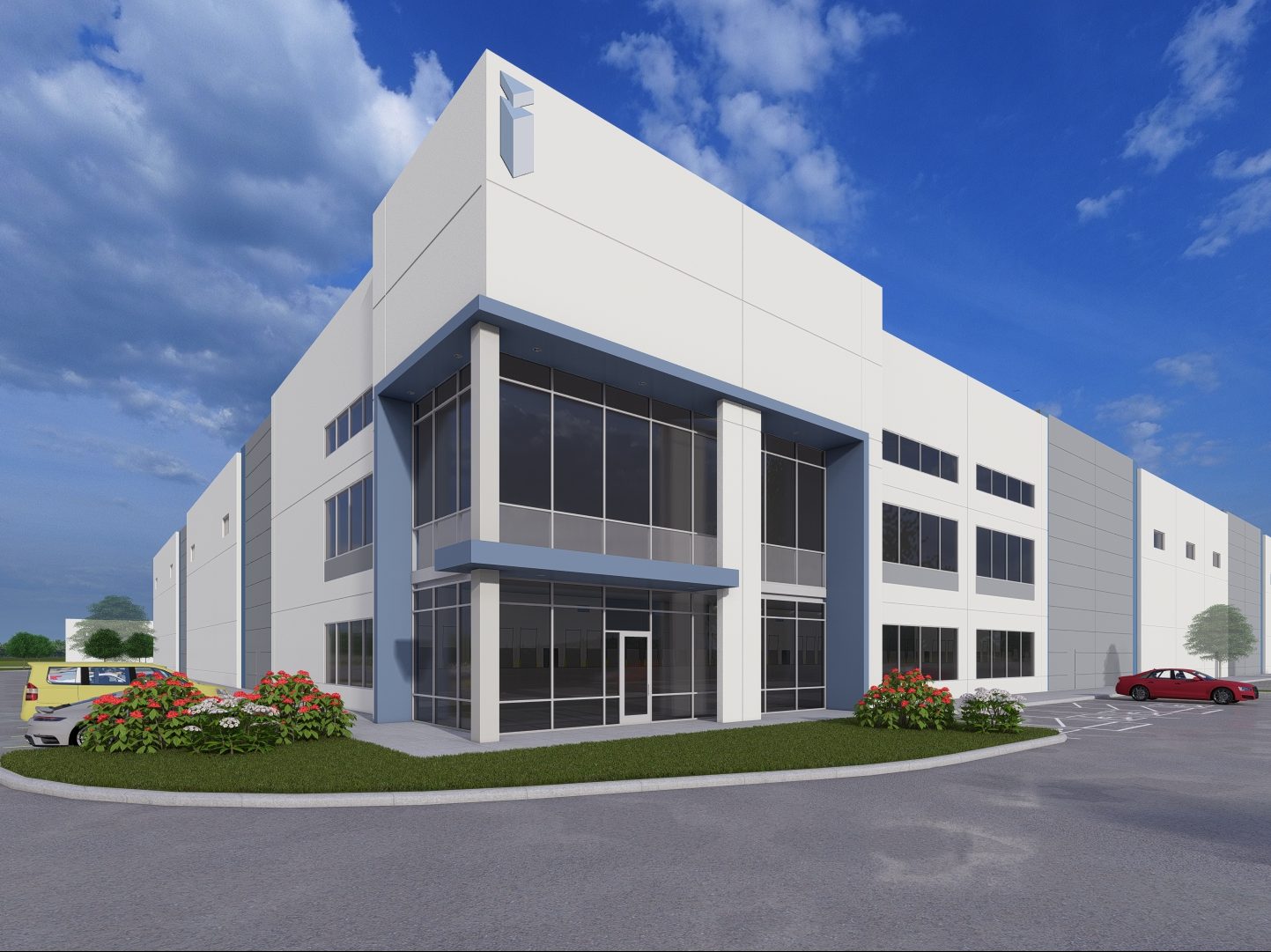

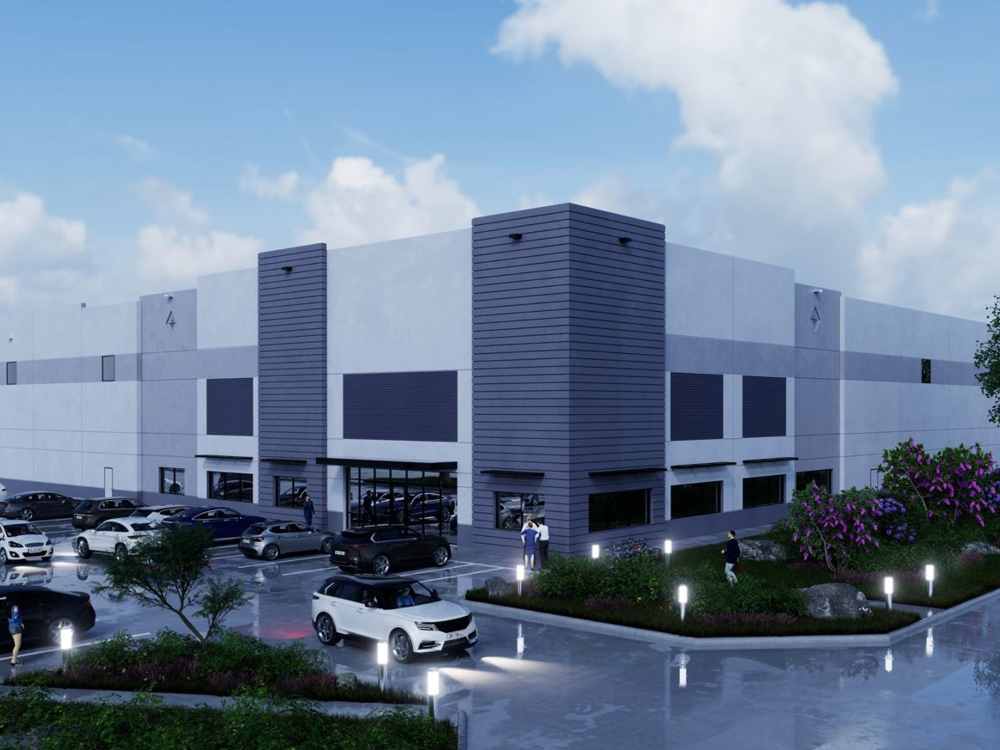
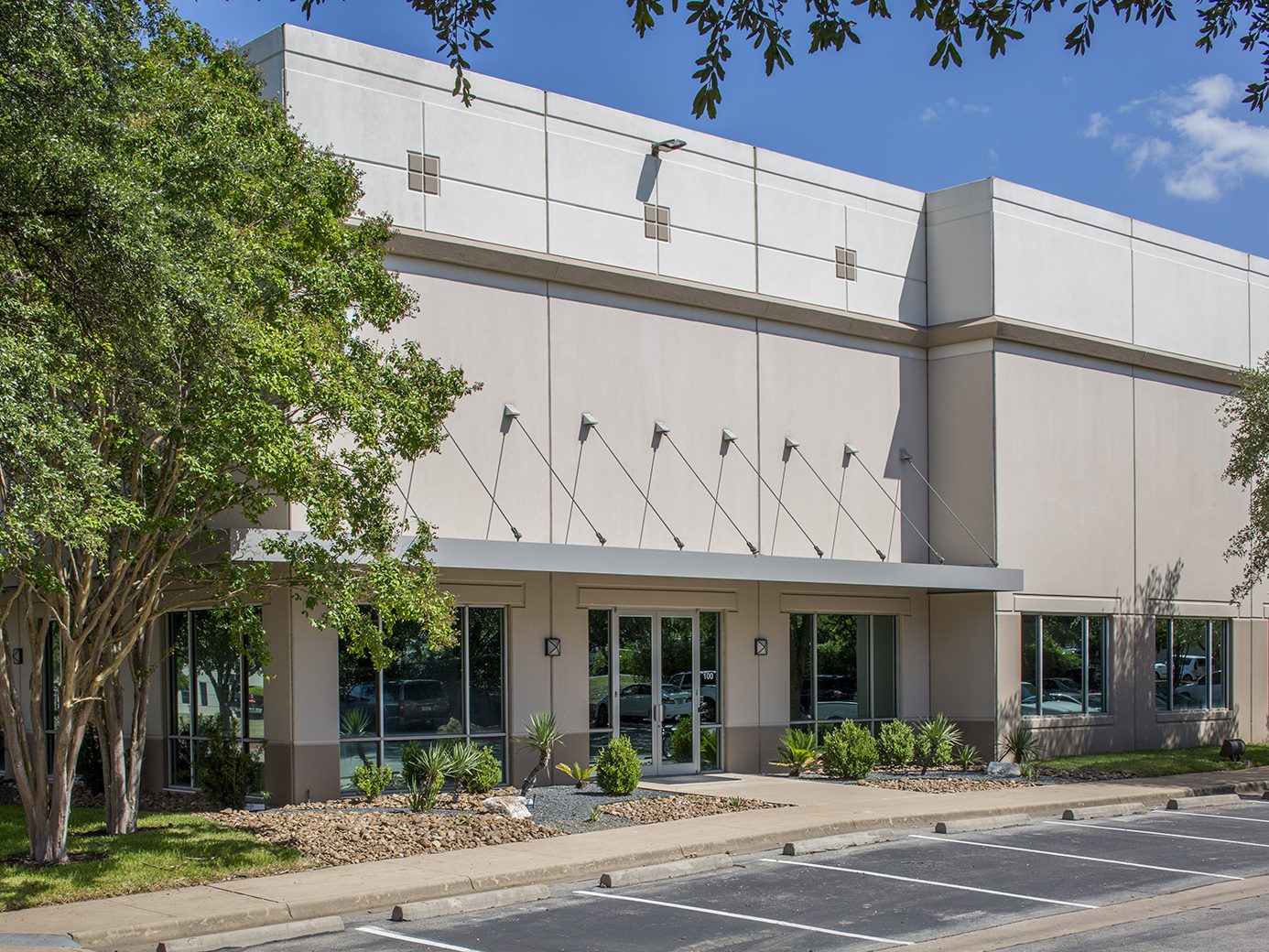
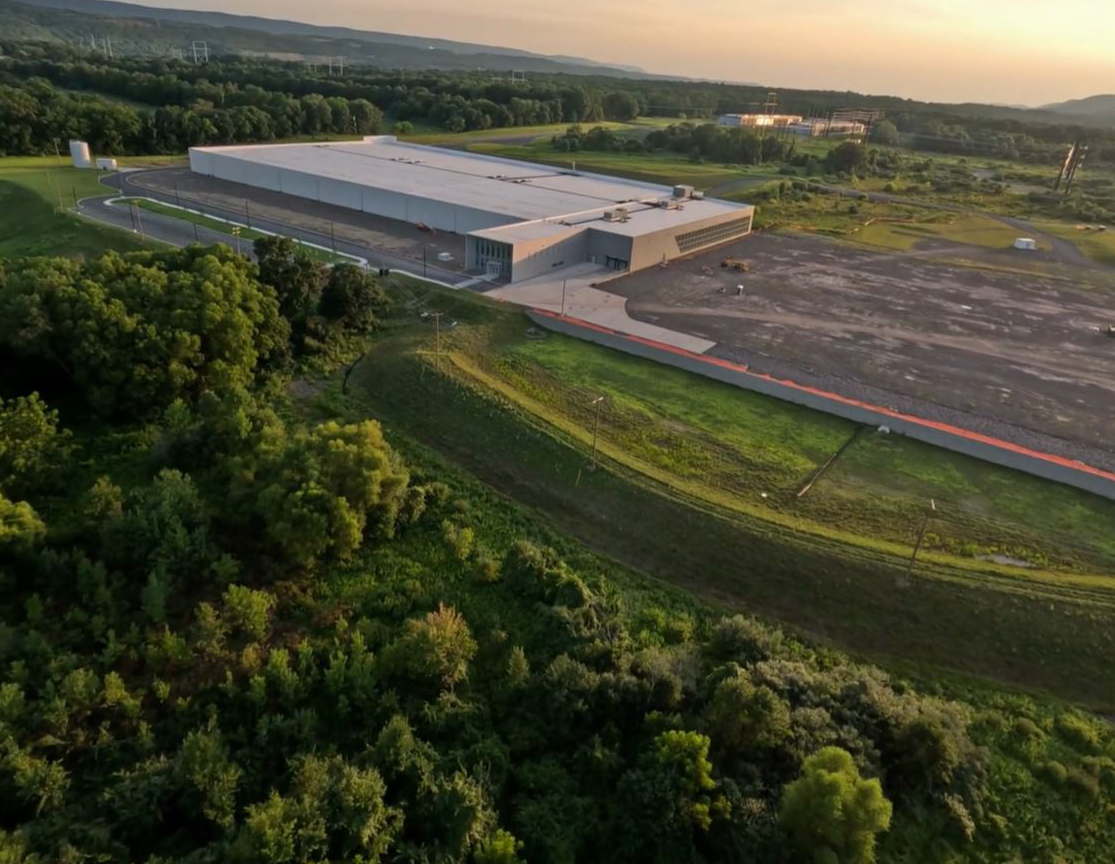
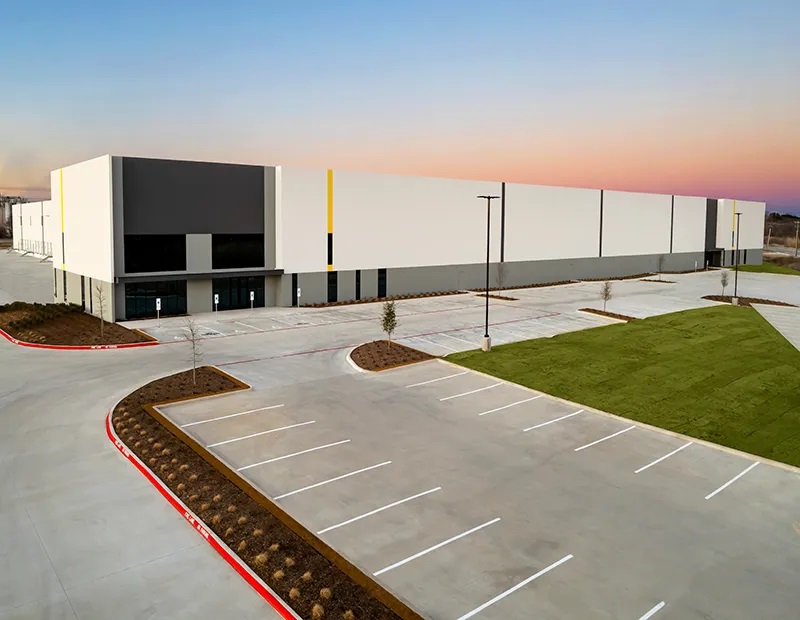
You must be logged in to post a comment.